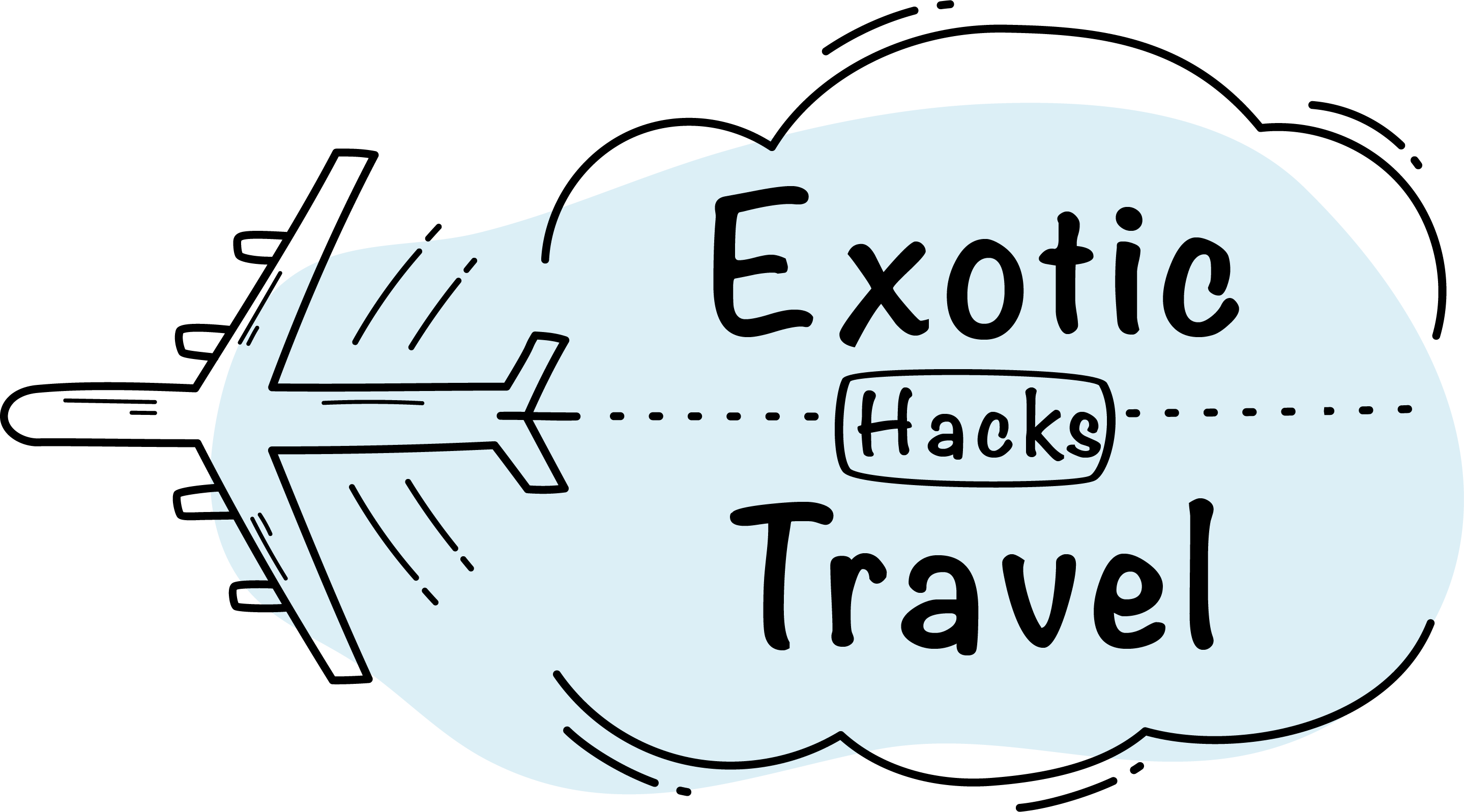Table of Contents
After spending years learning from Indigenous communities across six continents, I’ve discovered experiences that go far beyond tourist shows. Here’s your guide to 10 unique Indigenous experiences with genuine cultural immersion with Indigenous peoples – experiences that support communities while offering deep cultural understanding.
Australian Aboriginal Dreamtime
The Northern Territory’s Arnhem Land offers genuine Aboriginal cultural experiences unlike anywhere else. Through special permits arranged with the Yolŋu people, visitors can participate in traditional ceremonies, learn about bush medicine, and understand Dreamtime stories in their original locations. Unlike tourist-focused experiences near Uluru, these encounters happen on Aboriginal terms in their ancestral lands.
Traditional knowledge holders share navigation techniques used for thousands of years. Learn to read the land through seasonal changes, track animals, and understand complex kinship systems. These experiences require advance planning – permits take months to arrange, and visits are limited to protect cultural sites.
Maori Cultural Immersion
Beyond the commercial hangi dinners and haka performances, authentic Maori experiences exist through community-run programs in New Zealand’s North Island. The Tūhoe people offer multi-day forest experiences where visitors learn traditional navigation, food gathering, and medicinal plant use in the Te Urewera region.
Participants stay in traditional marae (meeting houses), learning protocols and etiquette firsthand. Local elders share creation stories and teach traditional crafts like weaving and carving. These programs focus on environmental stewardship and traditional knowledge preservation.
Amazon Rainforest Wisdom
Deep in Ecuador’s Amazon, the Achuar people run their eco-lodge programs, sharing traditional knowledge while protecting their ancestral lands. Unlike commercial Amazon tours, these experiences involve living with families, and learning forest management techniques passed down through generations.
Visitors participate in dawnway ceremonies, learn about medicinal plants, and understand complex rainforest ecosystems through indigenous eyes. Programs support community conservation efforts and help maintain traditional lifestyles against external pressures.
Sami Reindeer Migration
Northern Norway’s Sami people offer opportunities to join traditional reindeer migrations. These aren’t tourist shows but real migrations where visitors help with daily tasks, learn about reindeer husbandry, and understand the challenges facing modern Sami communities.
Living in traditional lavvu tents, participants experience the rhythm of nomadic life. Learn about traditional joik singing, craftwork, and the political struggles for Sami rights. These experiences are highly seasonal and require serious physical preparation.
Canadian First Nations Culture
British Columbia’s Haida Gwaii archipelago offers immersive experiences with the Haida people. Through community-run programs, visitors learn traditional navigation, food harvesting, and art techniques while understanding modern indigenous challenges.
Participants help maintain traditional food gathering sites, learn about totem pole carving, and understand complex clan systems. Programs emphasize environmental protection and cultural revival efforts.
Mongolian Eagle Hunters
Kazakhstan’s ethnic Kazakhs maintain the ancient tradition of eagle hunting in the Altai Mountains. Through community-based tourism initiatives, visitors can live with eagle-hunting families, learn about this endangered cultural practice, and participate in daily activities.
Winter experiences include helping with eagle training, understanding traditional nomadic lifestyles, and learning about conservation efforts. These programs directly support families maintaining traditional practices. The eagle-human relationship spans generations, with knowledge passed down through families. Visitors learn about traditional eagle capture methods, training techniques, and the spiritual significance of these magnificent birds.
The best experiences happen between October and March when eagles are actively hunting. Participants stay in traditional gers (yurts), helping with daily tasks like animal care and fuel collection. Learn about traditional handicrafts, including the making of eagle hunting equipment and traditional clothing.
Andean Quechua Traditions
Peru’s Sacred Valley holds opportunities for genuine Quechua cultural experiences far from Cusco’s tourist crowds. Community-run programs in remote villages teach traditional agricultural techniques, textile weaving, and high-altitude farming methods.
Learn about potato cultivation, traditional food preservation, and the spiritual relationship with Pachamama (Mother Earth). The Quechua maintains over 3,000 potato varieties, each adapted to specific altitudes and conditions. Participate in traditional agricultural ceremonies and learn about ancient farming techniques like terracing and freeze-drying.
Stay with families in traditional stone houses, helping with daily chores and livestock care. Learn about traditional textile production, from sheep shearing to natural dyeing using local plants. Understand the complex symbolism in Quechua weaving patterns and their connection to cosmology.
African San Bushmen Skills
Namibia’s Nyae Nyae Conservancy offers legitimate experiences with San communities, learning traditional tracking and foraging skills. Unlike commercial “bushmen tours,” these programs are community-managed and support traditional knowledge preservation.
Participants learn ancient tracking techniques, reading animal behavior through subtle signs in the landscape. Traditional plant knowledge includes both medicinal and nutritional uses, with skills passed down through generations. The San’s sophisticated understanding of desert ecology provides invaluable lessons in sustainability.
Extended stays allow participation in traditional hunting practices, tool-making, and water-finding techniques. Learn about traditional storytelling, music, and dance that maintain cultural knowledge. Programs support community land rights and traditional knowledge preservation.
Hawaiian Cultural Revival
Beyond resort luaus, authentic Hawaiian cultural experiences exist through community programs on Molokai and Big Island. Learn traditional taro farming, fishing techniques, and navigation methods from cultural practitioners.
These programs emphasize traditional land management practices like ahupua’a, which divide land from mountain to ocean. Learn about native plant restoration, traditional fishing practices, and the cultural significance of various ecosystems. Participate in taro cultivation, understanding its central role in Hawaiian culture and spirituality.
Community programs often include traditional navigation techniques, stone wall building, and understanding ancient agricultural systems. Many experiences connect traditional practices with modern sovereignty movements and environmental conservation.
Siberian Nomadic Life
The Nenets people of northern Siberia maintain one of the world’s last true nomadic lifestyles. Through community-managed programs, visitors join families during seasonal migrations across the tundra with reindeer herds.
Participants learn survival skills for extreme environments, including traditional shelter building and food preservation. Understanding reindeer behavior, migration patterns, and sustainable herding practices form the core of these experiences. Traditional crafts include working with reindeer leather, bone carving, and sled construction.
These programs highlight the challenges of maintaining nomadic traditions in the face of climate change and industrial development. Learn about traditional ecological knowledge and its role in understanding environmental changes in the Arctic.
Responsible Participation
Before engaging in any Indigenous experience, understand proper protocols. Many communities have specific rules about photography, sacred sites, and cultural knowledge sharing. Research appropriate dress codes, behavioral expectations, and taboos. Some experiences require abstaining from alcohol or following dietary restrictions.
Learn basic greetings and thank-you phrases in local languages. Show respect by asking permission before taking photos or recording stories. Understand that some knowledge may be restricted to certain seasons or community members.
Supporting Indigenous Rights
Choose experiences that actively support indigenous land rights and cultural preservation. Look for programs that:
- Employ local guides and staff
- Use traditional languages
- Support Indigenous education initiatives
- Protect sacred sites
- Maintain traditional food systems
- Advocate for Indigenous rights
Many communities use tourism to fund legal battles for land rights or support cultural education programs. Research how your participation benefits these broader efforts.

I’m Garrett, a seasoned photojournalist with a passion for uncovering the world’s hidden treasures. My journey is fueled by a deep curiosity for diverse cultures and breathtaking landscapes. When I’m not behind the lens capturing the world’s wonders, you can find me exploring underwater realms or sharing my passion for discovery with my two adventurous children.




